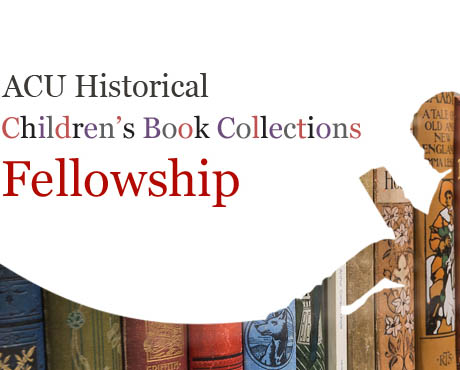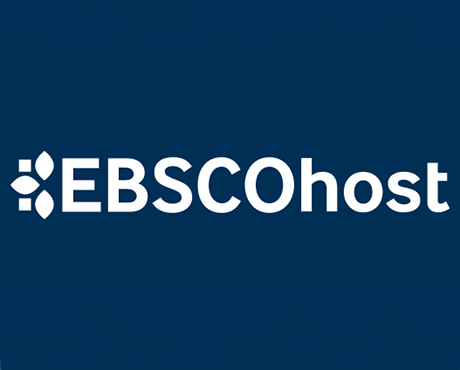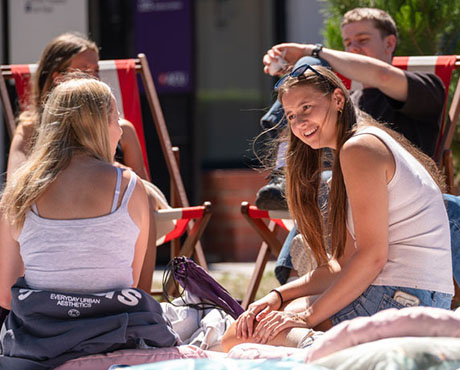
Research partnerships for the common good
News 23 SeptemberA message from Interim Executive Dean, Faculty of Education and Arts, Professor Phil Parker
15 May 2024
Share
There's only a few days left to apply to join community-based research projects tackling social issues via the Stakeholder Engaged Scholarship Unit (SESU), before applications close at 5pm on Friday 17 May.
The SESU invites non-profit community and social service agencies to grow their research capacity alongside ACU by proposing research projects to support communities facing disadvantage or marginalisation. Each year, the SESU pairs a select number of community organisations with researchers from across the university, after researchers self-nominate to join the project teams. Together the researchers and the community partners collaborate on applied research; producing both practical and impactful outputs that the SESU’s partners can implement as part of their community development work.
Academic staff, as well as professional staff with relevant research experience, from all areas of the university. You will need to seek the approval of your supervisor and member of the executive to join.
You will have the opportunity to work closely with a partner organisation on a project for about 18 months, likely longer for the international project below. It’s a unique chance to share expertise, co-design the research together and work collaboratively to deliver a project that will have a direct impact for the community it serves.
Don’t just take our word for it! Hear from two of the academics who have worked with us about their experience with the SESU in the video below:
You will be compensated for your work through an adequate workload allocation (for academic staff). Your organisational unit receives funds for buy-out of some of your time to the SESU project. Which projects can I apply for? This year there are three projects you can nominate yourself for – each with a different research focus.
One project explores youth development in Timor Leste, another the improvement of health outcomes for people in social housing in Melbourne, and the final seeks to reduce social isolation in aged care facilities through a robust evaluation of a program fostering independence in aged care residential facilities in Queensland.
Find out more about this year’s projects

A message from Interim Executive Dean, Faculty of Education and Arts, Professor Phil Parker

The library is supporting the ACU Historical Children’s Book Collections 2025 Fellowship. It is an opportunity to conduct research on our historical collection of children’s books, located at St Patri...

On 24 June ACU will transition to the new EBSCOhost. This will result in a new look and feel across some of our most popular databases. Learn more about the changes and what action may be required of ...

Advance your career in teaching and learning with the Graduate Certificate in Higher Education. Enrol by 22 June to get started in Professional Term 5.

Viva Engage is here. Access it easily via Microsoft Teams.

Include an additional survey item in the Student Evaluation of Learning and Teaching (SELT) survey for units that are offered in ACU Online Term 2 (202536).

A new Adjunct and Honorary Titles Policy and Procedure has been approved and is now in effect at ACU.

Teaching staff are encouraged to check their units have been correctly linked to their names for the Student Evaluation of Learning and Teaching (SELT) surveys in upcoming teaching periods.

ACU has three student modules: the Academic Integrity, Respectful Relationships, and Protecting our Children modules. Semester 1 students must complete their modules by 1 July to access their results ...

Please be aware of the following changes to payroll processing dates.

A message from the Chief Operating Officer Patrick Woods.

As part of Student Administration's commitment to service excellence, AskACU will be running on-campus re-enrolment drop-in sessions in July, while CMAS enhancements will improve information available...

The Student News and Events bulletin is sent to all students, nationally, and includes a broad cross-section of news, announcements, events and stories from across the university. The May edition is o...

Say goodbye to Workplace and hello to Viva Engage. Learn about our new community structure and all-staff community.

An update from the Executive Dean of Law and Business Professor Andrew O'Neil.

A reminder to all academic staff that the mandatory Notice of Intent, for those intending to apply for promotion in the 2025 round, must be submitted by 11.59pm this Friday (30 May).

Expect a few email notifications as we prepare to welcome you to Viva Engage next week.

Include an additional survey item in the Student Evaluation of Learning and Teaching (SELT) survey for units that are offered in Professional Term 4 (202547).

Register for these 15-minute sessions to learn more about the variety of online researcher profile platforms and what is involved in setting up, linking and updating your profile.

Lecturers-in-charge can make a direct determination of Poor Academic Practice (PAP) for students who engage in minor forms of academic misconduct. Learn why they can be valuable to staff and students.
Visit Service Central to access Corporate Services.